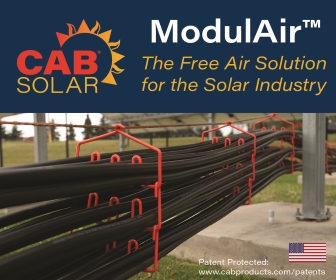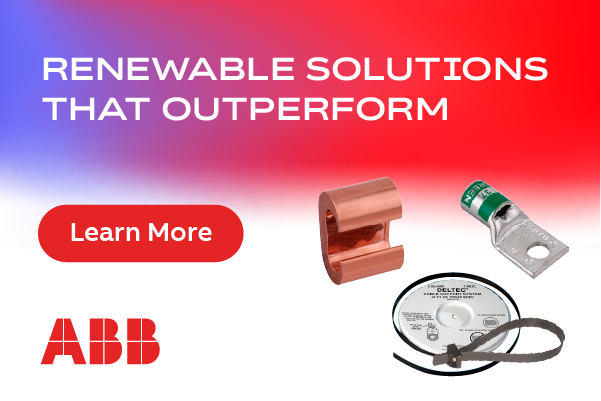Are Solar Panels Worth It? - SmartAsset
Throughout the past two decades, the average annual price of electricity for American households rose almost 52% and with many people working from home, households may spend more on electricity in 2020 than ever before.
As the price of grid electricity has increased, the cost of residential solar panel installation has fallen. Nevertheless, the high upfront cost of switching to solar energy can be a deterrent for some homeowners, despite the fact that this investment can pay off in the long run.
In a new study, SmartAsset investigated the financial value of residential solar panels. We analyzed national trends on the cost of grid electricity and solar panel installation, solar panel savings and the breakeven point for those savings. We also compared the cost of grid electricity vs. solar energy over a 20-year period to find the states where solar panels may pay off the most.
A few highlights include:
- The average American household can break even on a solar panel system in about eight years. According to SolarReviews, an average-sized solar installation for a home in the U.S. costs about $11,700 after the 26% federal tax credit. Most systems will pay for themselves in roughly eight years, at which point residents will not only break even on their investment, but they will also start saving money since they will need to purchase minimal to no grid electricity.
- Homeowners considering solar panels should act quickly. Solar panels have been made more affordable to individuals throughout the past 15 years with a federal tax credit. Systems installed in 2020 will receive a 26% credit, and those added during 2021 will receive a 22% credit. In 2022, residential homes will no longer receive federal assistance for solar panel installations unless Congress renews the credit.
- There are alternatives to buying solar panels outright. Two other options to purchasing solar panels outright are solar loans and leases. Solar loans allow homeowners to own the panels and borrow money to cover the cost of installation. With a solar lease agreement, a solar company would cover installation costs and own the solar panel system and allow the household to use the power the system creates in exchange for a monthly lease payment.
The full report, including methodology, infographics and rankings, can be found here: https://smartasset.com/checking-account/are-solar-panels-worth-it.
SmartAsset | https://smartasset.com











